My journey to the world of social impact began in a rather unconventional place: the dining room table, at the tender age of 14. I was grappling with the big questions: Why are we here? What is the meaning of life? And how do we know what (we think) we know?
This early fascination with philosophy led me to study it at both University College London and Tufts University. Those years were filled with probing, questioning, reflecting, and debating. I learned that the pursuit of answers, even when they elude us, is a powerful form of learning.
Upon returning to Hong Kong in 1997, I co-founded the HK Philosophy Cafe, a monthly gathering where we explored the practical implications of philosophical ideas, such as how the mind-body problem can inform our understanding of consciousness to help develop more effective approaches to mental health, or how freewill is connected to morality, justice and accountability. One of my favourite questions I remember debating was “Are Philosophy and Neuroscience the keys to mastering lasting happiness?” After much heated discussion on how understanding our brain and our own thinking could lead to a more fulfilling life. My conclusion? Happiness is a habit. Its something we can cultivate through conscious effort and practice. Read more at Nonprofit Partnerships
Philosophical inquiry encourages us to question assumptions and evidence. This can help us make more informed decisions, avoid biases, and evaluate information more effectively in our personal and professional lives.
Fast forward to 2010, when I entered the world of education and social impact. Through my work with Bring Me A Book Hong Kong, I discovered the crucial role of asking thoughtful questions during parent-child reading to spark critical thinking in children.
This experience, coupled with raising two curious boys, triggered me to write my first book, “Good to Read”, targeted to primary school children to think deeper about the books they read and to develop empathy by asking probing questions, like, “Does a bully really have friends?”, “Why did the dog boast and pretend he was something he really wasn’t?” As one of the literacy specialists I learnt from, Diane Frankenstein said, conversational reading is “shining a flashlight into a dark cave and saying – Did you notice that? Look over there.”
Today, as an independent evaluator, my work is all about the conversations I have with a diverse range of stakeholders, and “shining a light” on areas that are often overlooked or neglected. In a world obsessed with speed and efficiency, we rarely take the time to reflect, to truly understand the impact of our actions.
Here’s where the power of questions comes in:
- Are your programs relevant to your stakeholders’ needs?
- Are they delivering their intended outcomes?
- How well do your interventions interlink with other platforms you operate in?
- What opportunities and barriers exist for the future sustainability of your approach?
- What more could be done?
Asking the right questions is the first step on your social impact journey. It’s about moving beyond surface-level observations and delving deeper into the “why” and “how” of your work, and the insights and opportunities that surface to help improve your impact.
My journey has taught me that the power of questions is not just about finding answers. It’s about opening our minds to new possibilities, fostering critical thinking, and ultimately, creating a more meaningful and impactful world.
Perhaps you can start by asking yourself:
What problem in the world do you care about most, and how can you use my skills and passions to make a difference?
by Pia Wong, Founder and CEO of Purpose Impact Action
Share your thoughts in the comments below!
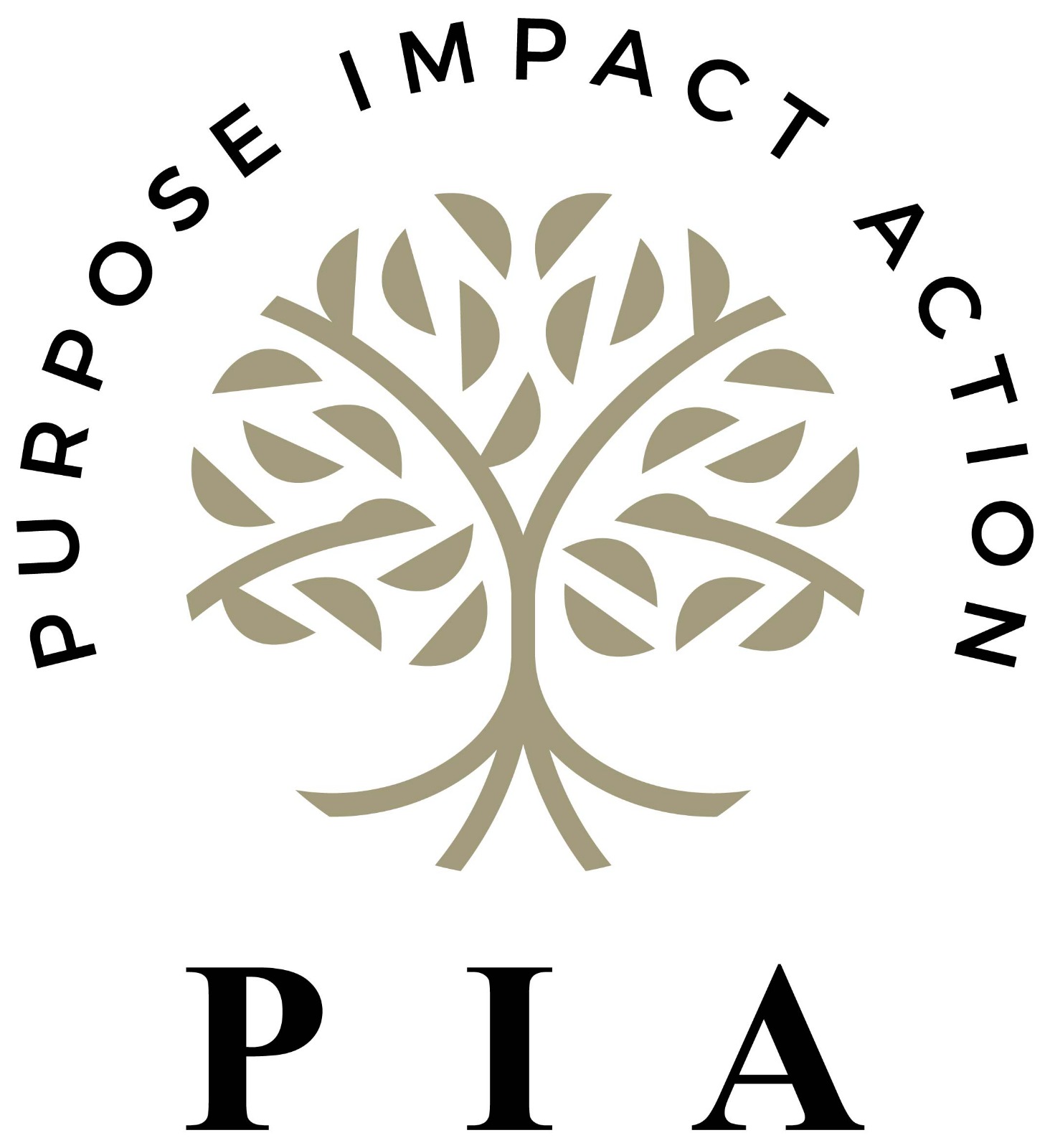
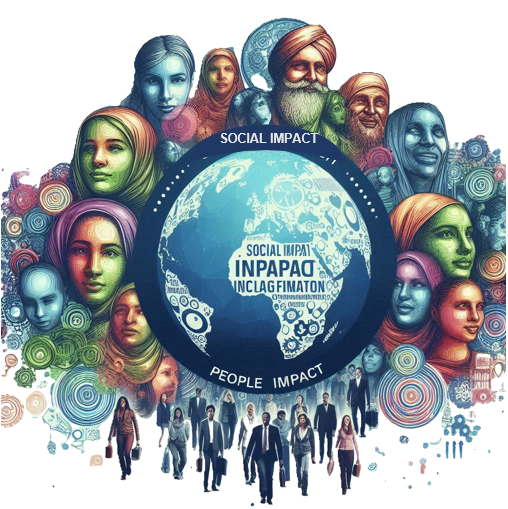
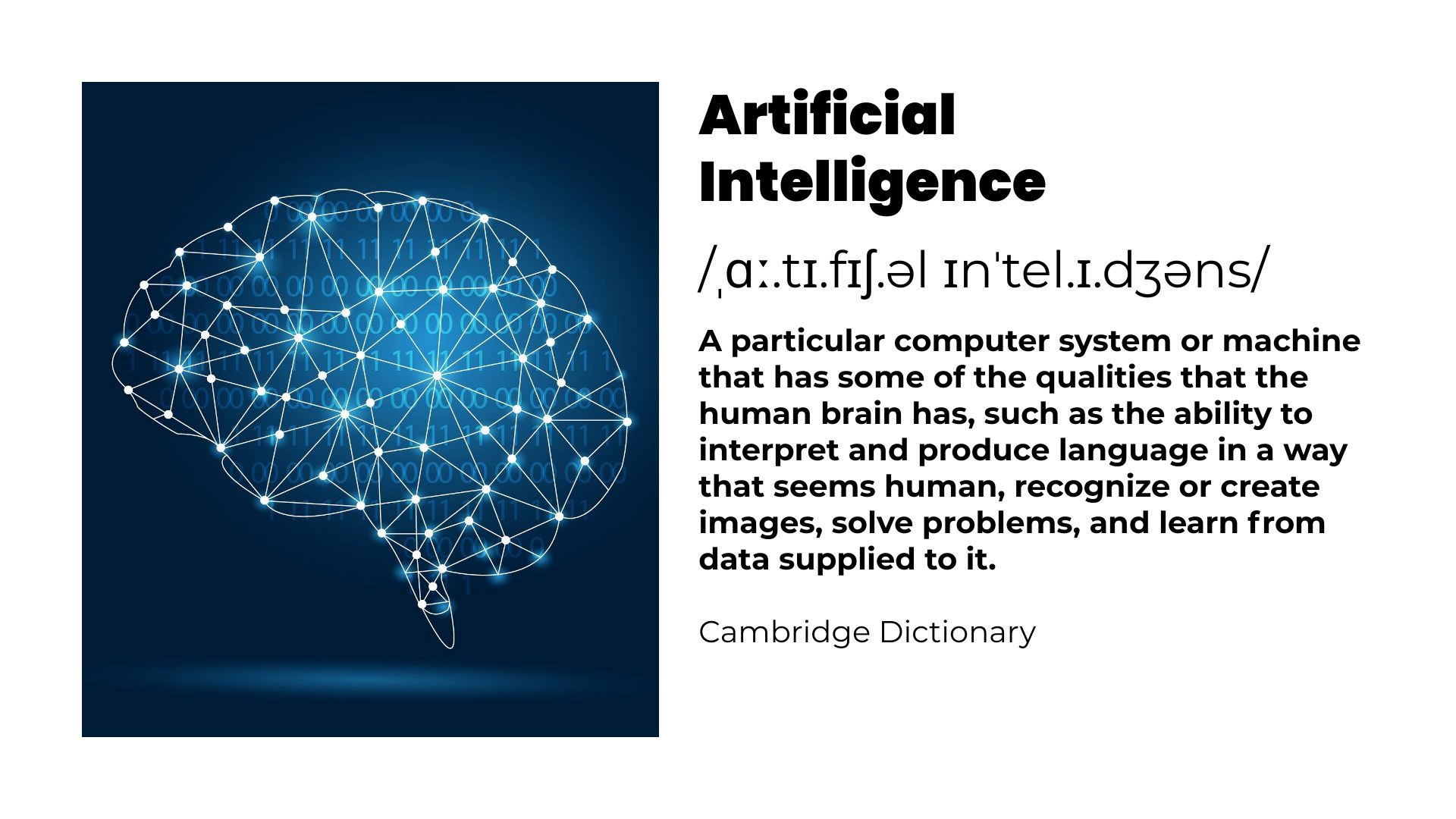

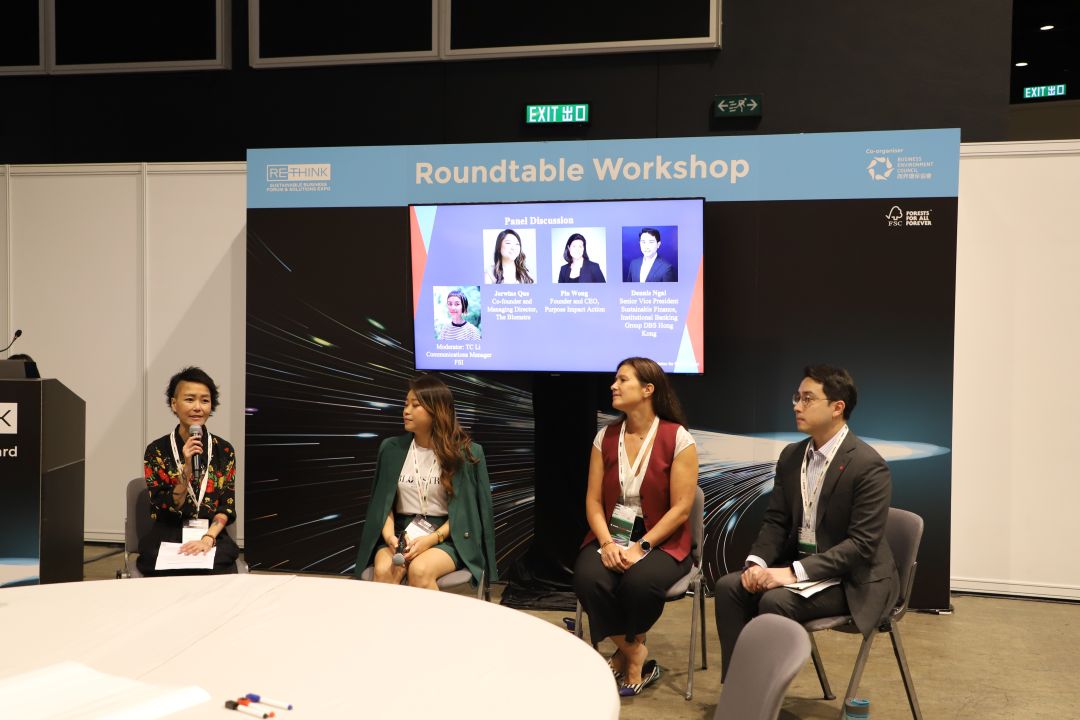
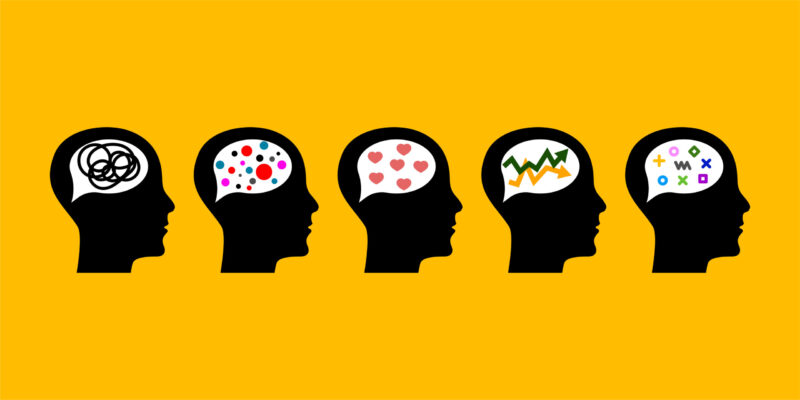
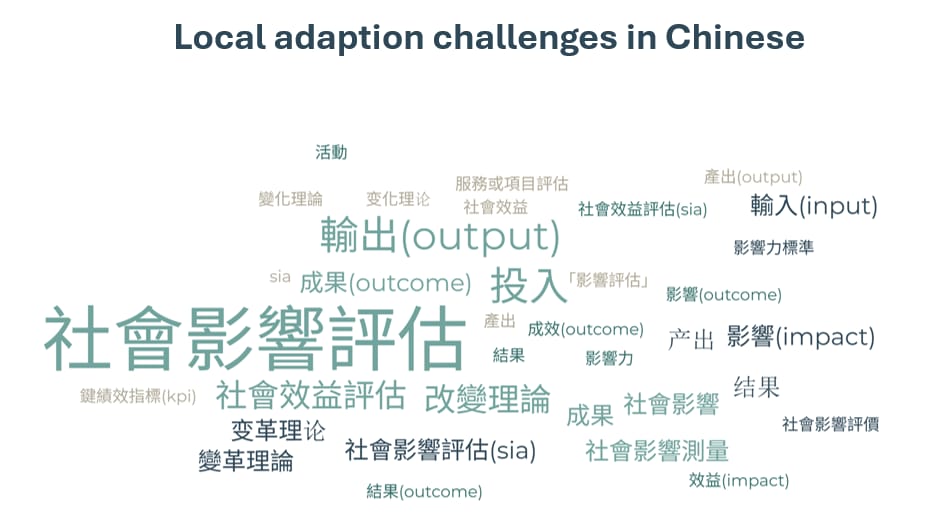


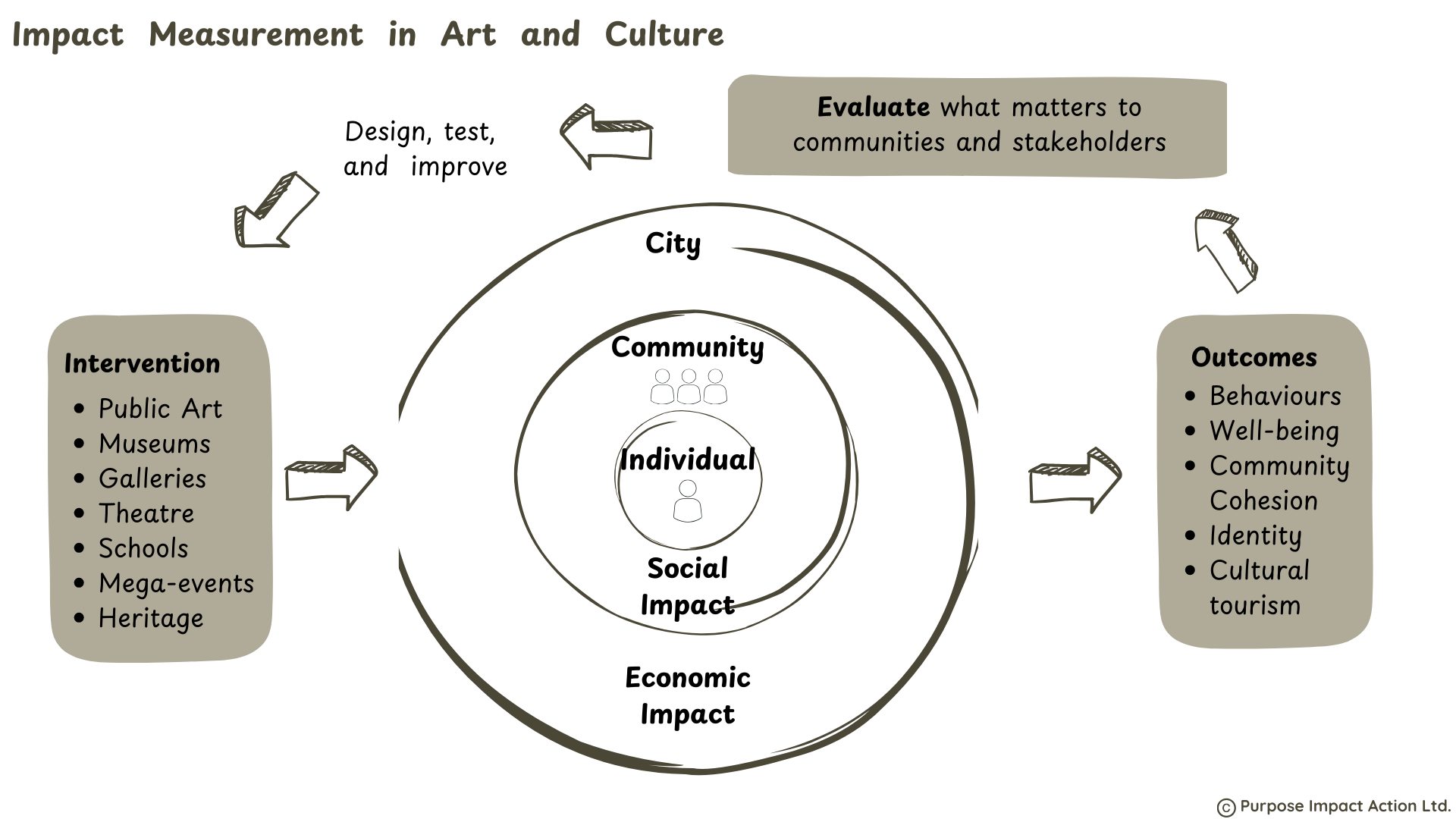
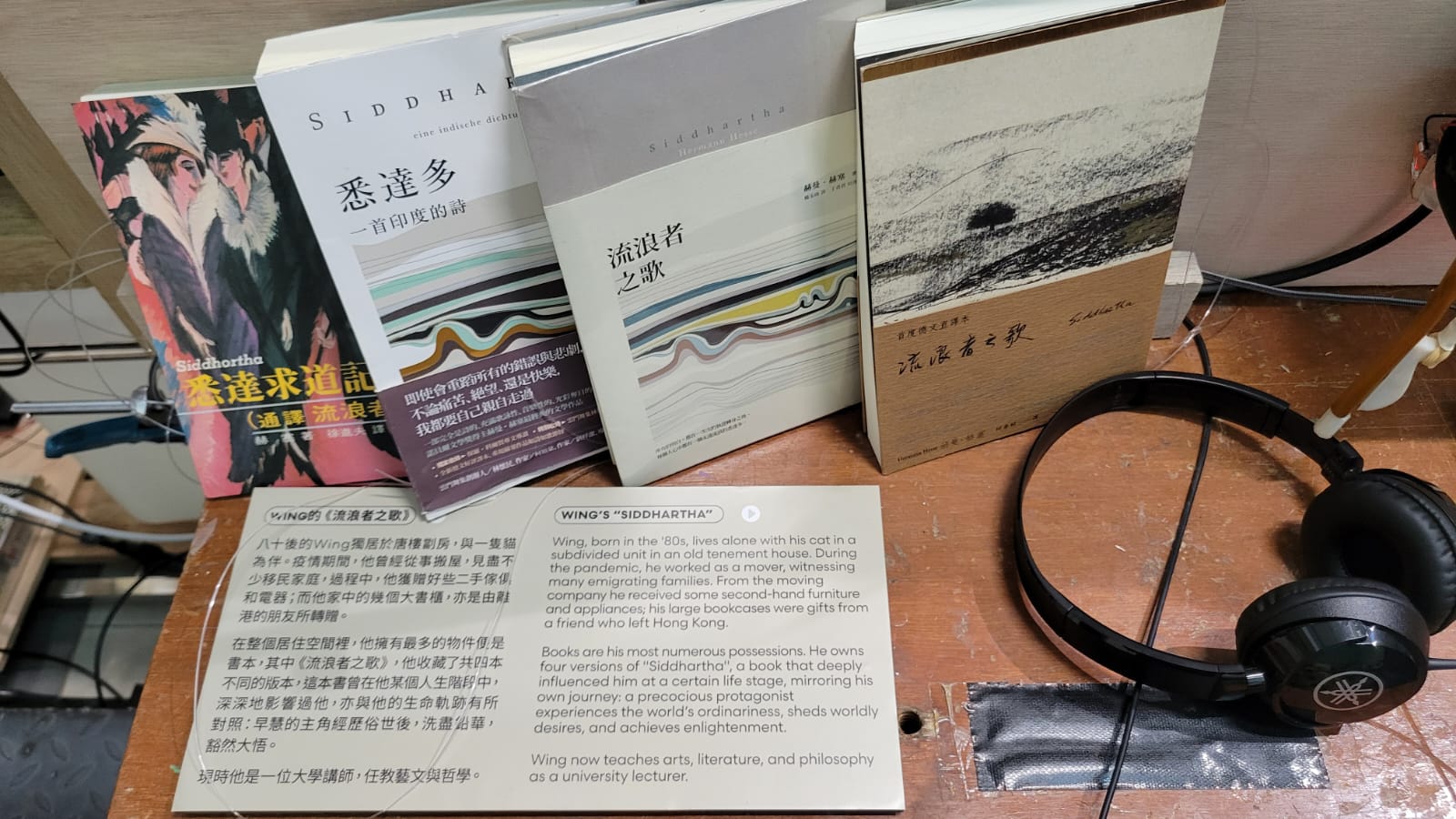
One Response
Love this, pia!